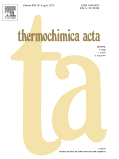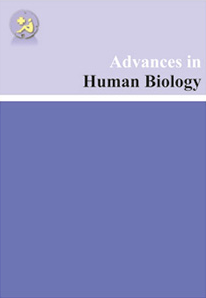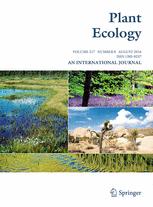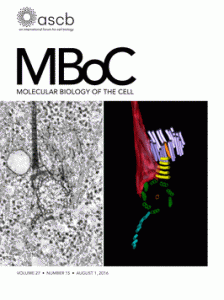 A scientist in Brazil has gained his twelfth retraction for reusing text and figures from previously published papers.
A scientist in Brazil has gained his twelfth retraction for reusing text and figures from previously published papers.
In 2011, Elsevier announced that it would retract 11 papers by Claudio Airoldi, a researcher at the State University of Campinas (UNICAMP) in Brazil. Subsequently, he was suspended for 45 days, and his co-author on the 11 previously pulled papers, Denis de Jesus Lima Guerra, lost his post at the Federal University of Mato Grosso (also in Brazil).
Now, a 12th retraction has appeared for Airoldi — this time in Thermochimica Acta.
Here’s the latest retraction notice, issued earlier this year: Continue reading Researcher in Brazil earns 12th retraction for recycling text and figures








